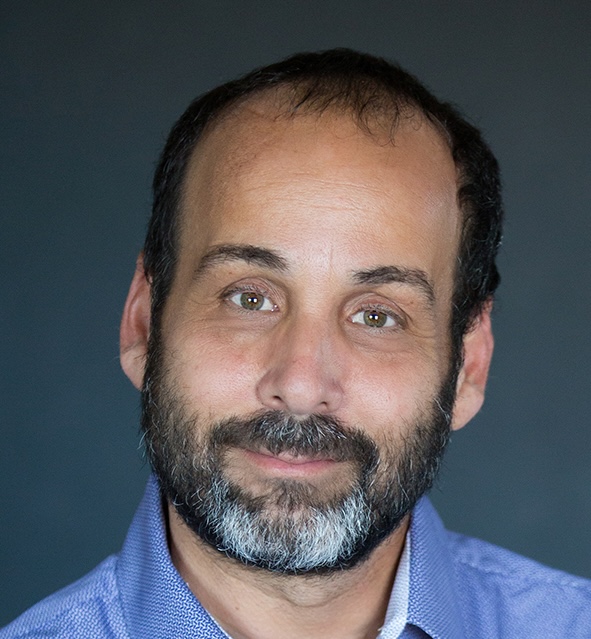May is Mother’s Day and the time of year that we all take a second to reflect on the mothers we had and maybe even were. It’s also a time to celebrate the Mothers in our lives and recognize that it’s just really a tough job.
We’ve seen a lot of views change on motherhood over the decades. From stay-at-home moms being the norm to a complete shift of the working mother trying to “have it all.” You would think that a high-profile career woman like Anne-Marie Slaughter, once the director of policy planning at the US State Department, would have found a way to make it work. Even she found that the workforce just isn’t built to support working mothers.
Her Life in the State Department
Slaughter described her job as the Director of Policy Planning as her dream job, one that she’d been working towards since college. She loved the work and was passionate about it, but the work required that she commuted to D.C. every week from her home in Princeton, New Jersey where her husband and two teenage boys still lived.
Mondays through Fridays, she would work all day at the State Department until late in the evenings. She would return to Princeton on the weekends to spend time with her family. But after only two years, in 2011, Slaughter decided she’d had enough.
Women Can’t Have it All
After she left, Slaughter wrote an article for The Atlantic titled “Why Women Still Can’t Have It All.” She detailed the balancing act that she and other women face when they hold positions of power and are raising their children at the same time. While at a reception for the United Nations, she found herself unable to think of anything other than her 14 year old son who was struggling in school.
Slaughter acknowledges in her article that she felt that the culture, more than anything else, of the corporate world would need to change to help women balance rising up the ladder and caring for their families. That women who leave at 5 to make it to a ball game but work later, or be allowed to work remotely to be closer to their families, are still viewed as not working hard enough compared to their male counterparts that stay at the office longer.
“The culture of “time macho”—a relentless competition to work harder, stay later, pull more all-nighters, travel around the world and bill the extra hours that the international date line affords you—remains astonishingly prevalent among professionals today.”
Slaughter points out that time in the office doesn’t always mean value added or a more successful organization, but that primary caregivers are constantly facing the choice of being seen as less professional if they leave work early or choose to do more work from home.
Charging a Path to Cultural Change
Since she left the State Department, Slaughter has continued to champion for change for working parents of all circumstances.
We absolutely love that she recognizes that career and parenting can both be big pieces of our adult lives, but that there are things that must change for women to get to those top leadership positions without sacrificing their family.
In a world that’s been drastically changed by COVID and with more and more working from home and employers becoming accustomed to remote work, do you think we’ll see the kind of support Slaughter has been asking for for 10 years? Let’s hope so!




